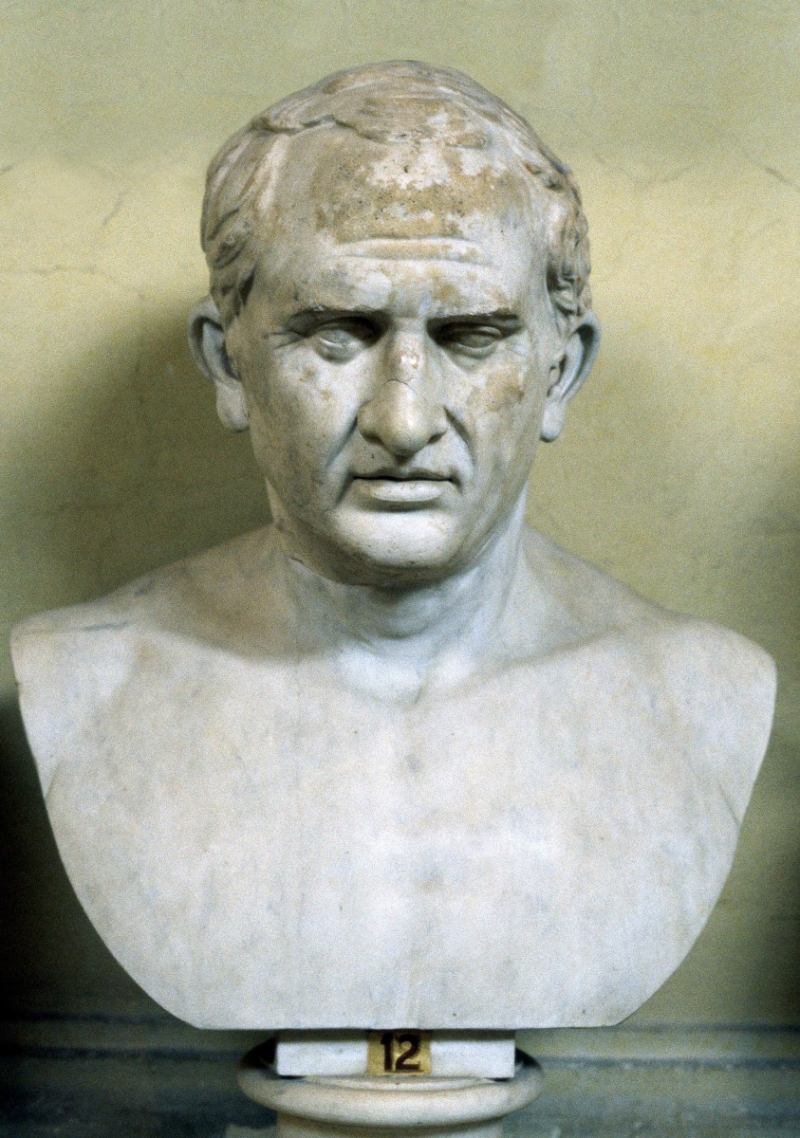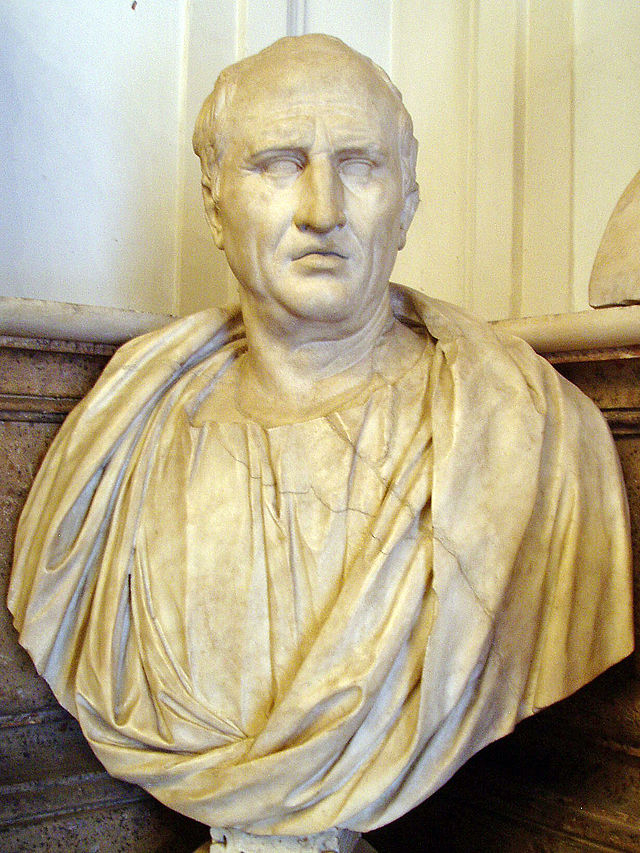His impact on the Latin language was enormous.

His impact on the Latin language was enormous. He composed more than three-quarters of the existing Latin literature known to have existed during his lifetime, and succeeding prose has been said to be either a reaction against or a return to his style, not only in Latin but in European languages up to the nineteenth century. Cicero distinguished himself as a translator and philosopher by introducing into Latin the ideas of the major schools of Hellenistic philosophy and creating a Latin philosophical vocabulary with neologisms such as evidentia, humanitas, qualitas, quantitas, and essential.
Cicero has long been regarded as the master of Latin writing, with Quintilian claiming that his name was "not the name of a man, but of eloquence itself." His name is derived from the words Ciceronian (meaning "eloquent") and cicerone (meaning "local guide"). He is credited with changing Latin from a simple utilitarian language into a versatile literary medium capable of clearly expressing abstract and sophisticated ideas. "It is more important to have greatly extended the frontiers of the Roman spirit than the frontiers of the Roman empire", Julius Caesar said of Cicero's accomplishment. According to John William Mackail, "Cicero's unique and imperishable glory is that he created the language of the civilized world, and used that language to create a style which nineteen centuries have not replaced, and in some respects have hardly altered."








